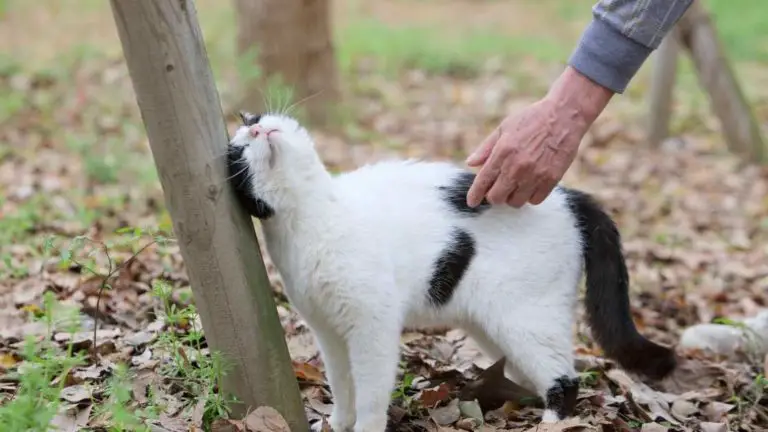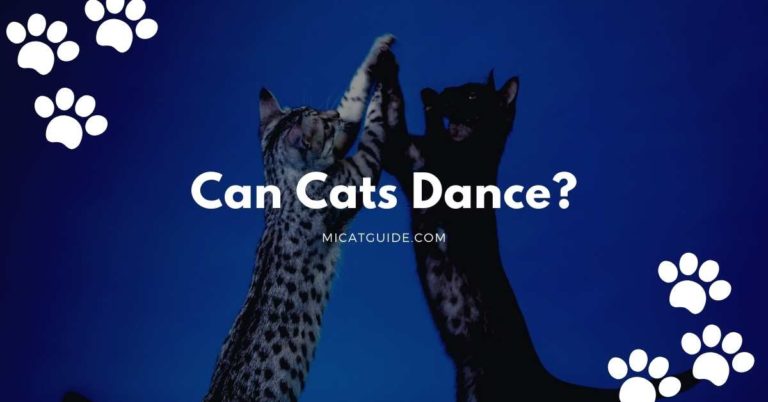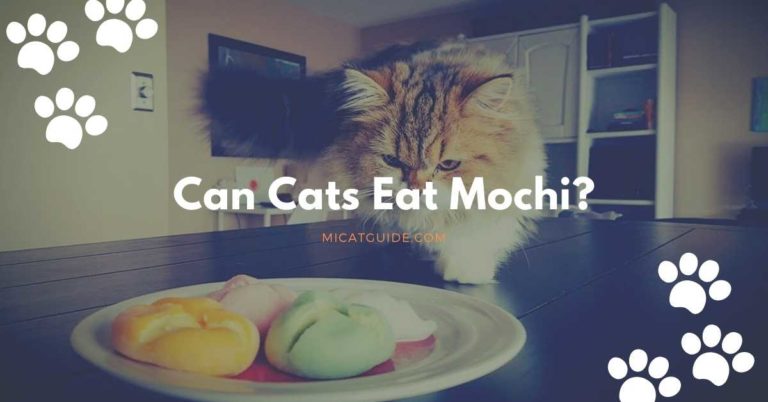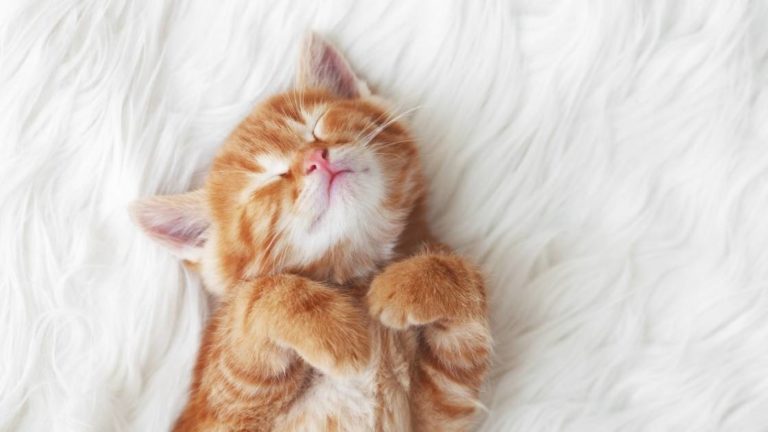Can Cats Eat Almond Butter: A Guide for Cat Owners
The world of feline nutrition can be as complex as the discerning eater you try to feed. As cat owners, we often find ourselves pondering over the smallest details when it comes to our pets’ diet. One curiosity that’s been lapping at the paws of our felines’ dietary discussions is the question of whether cats can enjoy the spread we humans happily slather on a slice of morning toast: almond butter.
Understanding Almond Butter
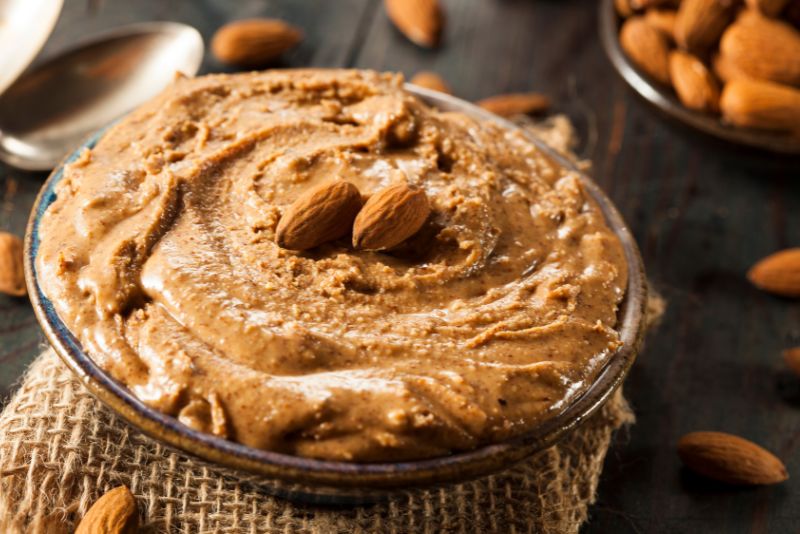
Before we invite our cats to the almond-y feast, it’s essential to understand the main baseline. Almond butter, derived from the humble almond nut, is a rich and creamy spread that’s gradually gained popularity among health-conscious human consumers. It contains healthy fats, such as monounsaturated fatty acids, fiber, and various vitamins and minerals, including vitamin E, magnesium, and iron.
But how does that translate into a cat’s diet? Cats are obligate carnivores, which means their nutritional needs are predominantly met through animal-based proteins. Introducing non-meat-based items like almond butter can be a significant shift in their dietary allowances.
For further details on what makes cats obligate carnivores and the implications for their diet, you might want to revisit our section on Cats’ Dietary Needs and Nutrient Absorption. Understanding these fundamentals is crucial before introducing any new food items to your cat’s diet, almond butter included.
Feasibility for Cats
The Risks
While almonds themselves aren’t toxic to cats, there are several reasons why almond butter might not be the best choice for a pet accustomed to a primarily meat-based diet.
- Almond butter is a rich source of fat, which can lead to obesity, particularly in cats who are more sedentary or who already struggle with weight issues.
- The high fiber content could result in gastrointestinal upset, including symptoms like vomiting and diarrhea.
- Almonds have been known to create problems in the digestive systems of some cats, especially if they’re not chewed properly and form an obstruction within the intestines. This is particularly concerning when it comes to almond butter, which lacks the crunch of whole almonds and might not promote sufficient chewing.
The Benefits
On the flip side, the omega-3 fatty acids found in almond butter could be beneficial for your cat’s coat and skin health. In moderation, they may not pose a threat but might offer some advantages.
Allergy Alert
One serious consideration is the potential for almond allergies in cats, though they’re rare. Cats, like humans, can develop allergies to various food items. Symptoms might include scratching, itching, fur loss, or digestive issues. If you’re unsure, consult your veterinarian. It could save you both a trip to the emergency clinic.
In conclusion, while the risks of feeding almond butter to cats are manageable with careful portions, they should be weighed against the inconsistent benefits to their overall health.
Alternative Treats for Cats
If you’re looking for safe and healthy options to treat your whiskered friend, there’s a vivid array of cat-friendly choices that include:
- Tuna or salmon flakes
- Small, cooked poultry pieces
- Cat-friendly, commercially available treats formulated with cat dietary considerations in mind
- Homemade, vet-approved treats prepared with cat-safe ingredients
These options are not only safer but more suitable for the dietary profile of your feline friend.
Guidelines for Feeding Almond Butter
Moderation and Portion Control
If you choose to offer your cat almond butter, do so in moderation. A tiny taste is sufficient; your cat’s portion should be the size of their pinky nail. This is merely to offer a sensation of the flavor, not to establish it as a dietary staple.
Monitoring for Reactions
The first time you introduce any new food into your cat’s diet, it’s imperative to monitor them for any unusual behavior, digestive issues, or allergic reactions. Any new item could be treated as a new variable in their health profile, so be vigilant.
Conclusion
It’s fascinating to explore the question of what our cats can and cannot eat. Responsible pet ownership includes understanding that not everything good for us is good for them. In the case of almond butter, unless your cat is living, eating, and behaving in a manner no typical pet owner’s cat would recognize, it’s unlikely to be a necessary—or particularly safe—addition to their diet.
Cats are enigmatic and particular creatures when it comes to their culinary choices. We might be tempted to share our delights with them, but it’s critical to always prioritize their nutritional needs.
At the heart of this debate is the welfare of our beloved feline friends. While curiosity about cat dietary extensions is never a bad thing, ensuring that such explorations do not put them in harm’s way is a critical component of responsible pet ownership. Stick to what you and your veterinarian know is safe and beneficial for your cat’s health, and save the almond butter for your own breakfast indulgences.

